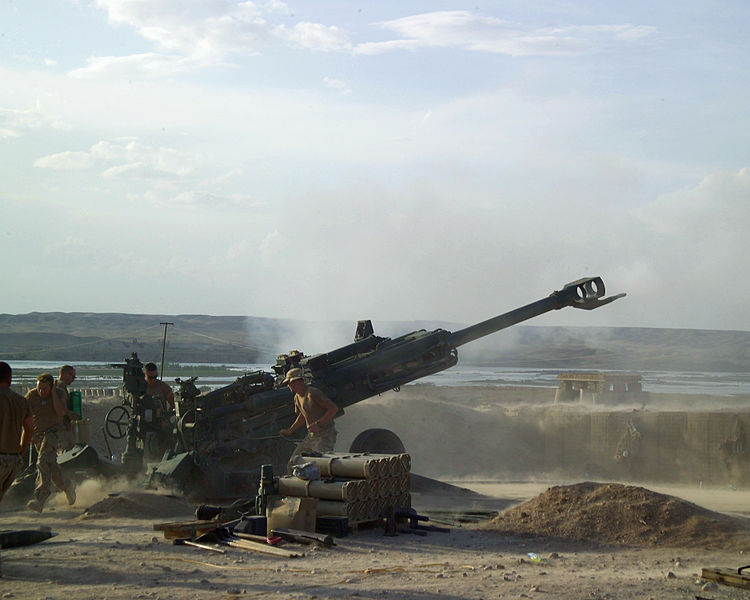The long war in Afghanistan has receded from our attention, but as we prepare to pull our last troops out the media spin cycle has been renewed due to an article published in the Canadian Military Journal (CMJ) by Sean Maloney. He teaches at the Royal Military College of Canada and is an historical advisor to the Canadian Army for Afghanistan. He has been there numerous times. Maloney writes, rather bitterly, about being invited in 2012 to give a presentation at the University of Manitoba about Canadian operations in Afghanistan. He says that his audience was uninformed but convinced of a common idea or “meme,” which he says is “a creation of the media and their fellow travelers, the pollsters.” It goes as follows: “Canada’s involvement in Afghanistan resulted in dead Canadians and the expenditure of lots of taxpayer money. There hasn’t been any real progress made. Canada withdrew in 2011. It wasn’t worth it.”
Maloney is critical of the media (and the political opposition) for what he describes as their focus on the body count of Canadian soldiers “as a measurement of effectiveness.” He believes in the war and says that the “crippling and discrediting of the al Qaeda movement was worth the effort alone.” He also writes, albeit briefly, about social development and the building of infrastructure in Afghanistan.
Acerbic Glavin
Writing in the National Post, the always acerbic Terry Glavin quickly took up Maloney’s case, talking about the “outright malpractice” of the Toronto media, as well as the “fop intellectuals” who he says have dominated the Afghan debate. Glavin, in an earlier article he wrote, without specifically sourcing his material, said that in the past decade, “Afghanistan has exhibited the fastest upward pace in the United Nations’ Development Index . . . ” Also, he referred to statistics that purportedly show that individual Afghans have a positive attitude toward the UN/NATO effort.
Sceptical Saunders
The Globe and Mail’s Doug Saunders, however, holds a contrary view. He agrees that “we did kick al Qaeda out” but doubts the claims of continued military and civic progress. For example, Saunders says that military leaders claim that life expectancy has improved markedly over the past decade, but he quotes the CIA’s own figures that appear to contradict those proclamations. He also cites a poll that indicates that Afghans “overwhelmingly favour the Taliban over NATO forces and their own chosen government.” Needless to say, the debate continues.
Counting the costs
Despite Mr. Maloney’s chiding, it is indeed well worth discussing the war’s human and economic costs. Our government would not release financial estimates, but former Parliamentary Budget Officer Kevin Page said in 2008 that the total cost would be between $14 and $18 billion by 2011. A more recent independent estimate has placed the cost at more than $22 billion.
In total, as many as 45,000 people have died as a result of the war in Afghanistan, according to 2011 estimates. Canada and its military allies record their own fatalities, but not — at least publicly — the deaths of Afghans, particularly civilians. The UN reports that between 2006 and 2012, alone, 16,000 Afghan civilians died. And about 3,400 allied soldiers perished in the country between 2001 and 2014 — of these, 158 were Canadians. In addition, seven Canadian civilians have died — the most recent being two accountants, who were killed in a bomb blast in a Kabul restaurant in February.
We should probably add to this the burgeoning number of suicides by Canadian Forces members who had served in Afghanistan, and the mental health services that may be needed for thousands of soldiers who cycled through tours of duty there. Finally, none of this accounts for the people injured but not killed, the damage to infrastructure and the countless explosive devices that will lurk in the earth for decades to come.
Your thoughts?
So was Canada’s war in Afghanistan really worth it? I would say no. What do you think?
This article was published in a slightly shorter format on the United Church Observer blog on February 13, 2014.



